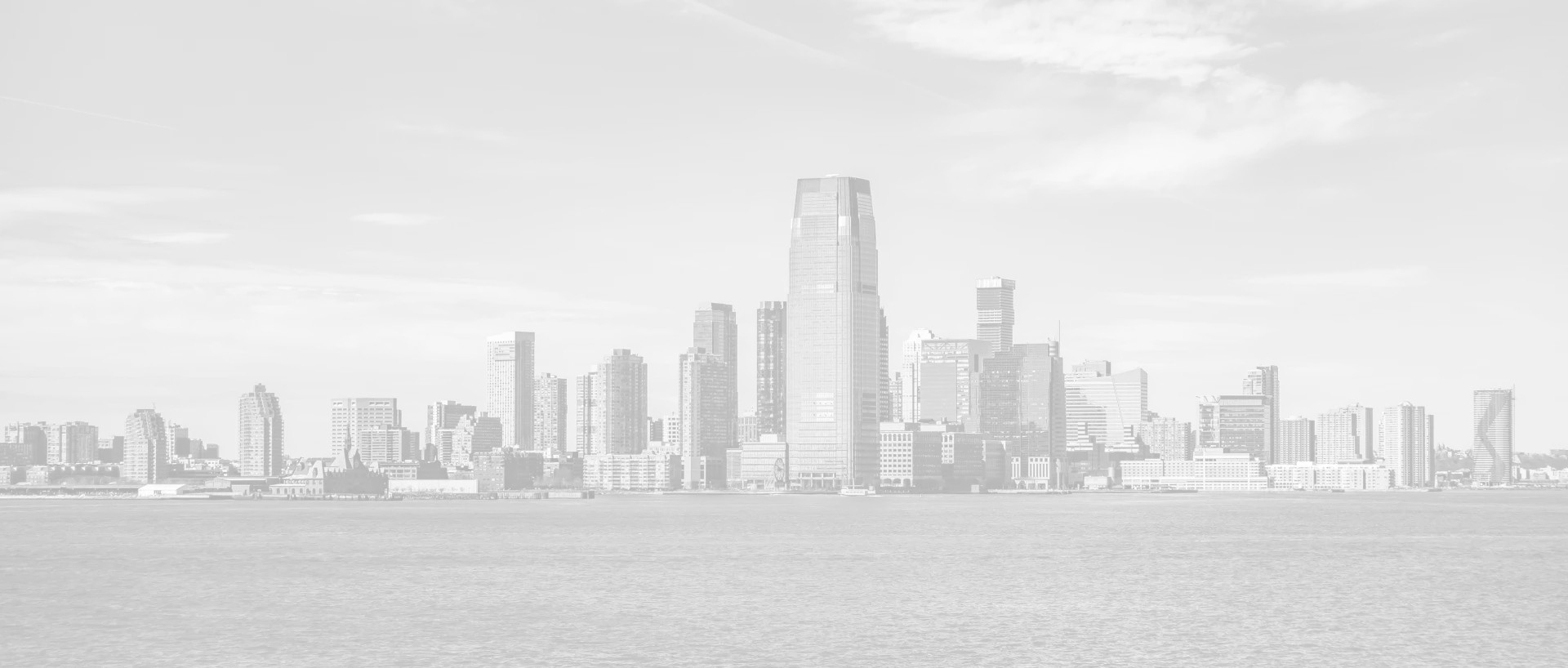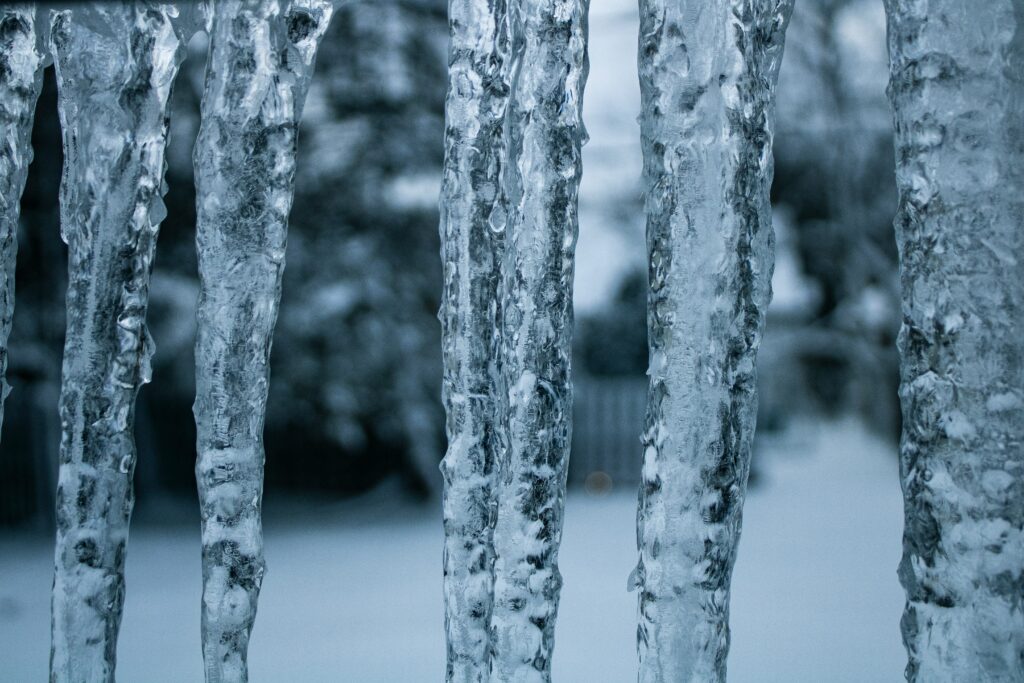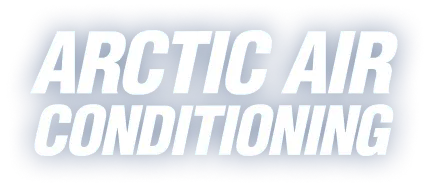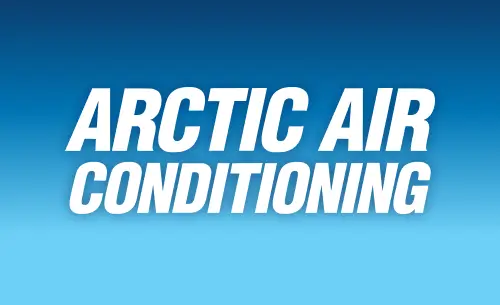
Blog
Preventing Frozen Pipes

We still have a good four to six weeks of cold weather ahead of us—and as you know, New Jersey can see brutally low temperatures. Unfortunately, many people’s lives (here and across the country) are disrupted every winter by frozen pipes.
To avoid a devastating and expensive ordeal, we suggest using these tips on how to prevent frozen pipes in your home this winter.
How Can You Keep Your Pipes from Freezing?
There are a few things you can do to help prevent a frozen pipe problem.
Before it becomes too cold:
- Insulate your pipes or wrap them with heat tape. The temperature alert threshold for frozen pipes is 20 degrees. In Central Jersey, the temperature commonly drops below this every winter, so insulate any pipes that run through your attic and crawl space before the next freeze sends temperatures this low.
- Seal air leaks. By keeping frigid air away from the plumbing, the chance of frozen pipes drops significantly. Look for and seal leaks around dryer vents, electrical wiring, and the pipes themselves.
- Disconnect garden hoses and shut off the drain water. Ideally, this should be done in the fall to prevent the pipes connected to outdoor faucets from freezing, but do so now if you haven’t!
As the temperature drops:
- Trickle lukewarm water from a faucet on an exterior wall through the night. Warm water helps keep the pipes heated, but a trickle of water also prevents pressure from building in the faucet. This way, even if your pipes manage to freeze, they’ll be much less likely to burst. The cost of running a trickle of water on particularly frigid nights is well worth the cost of avoiding frozen pipes.
- Keep the thermostat at a set temperature. You may want to set the thermostat back for energy savings while you sleep, but keeping your home a little warmer could prevent frozen pipes on bitter cold nights.
- Open kitchen and bathroom cabinet doors. This way, warm air in the room helps warm the piping located under the sink.
Before leaving for vacation:
- Set the thermostat no lower than 55 degrees. You may want to conserve energy while you’re gone, but coming home to frozen or burst pipes isn’t worth the savings.
- Drain the water system. With no water in the pipes, nothing can freeze. To drain your pipes before you leave, shut off the main water line and open a tap until the water stops running.
Frozen Pipe Repair in NJ
Even with these preventative measures, pipes can still sometimes freeze. If you suspect you may have frozen pipes on your hands, leave the faucets turned on and call Arctic Air Conditioning.
If a pipe has already burst, shut off the main water line and get in touch with us quickly! You can contact us online any time or call (732) 518-8215. We offer emergency plumbing services for your convenience.





